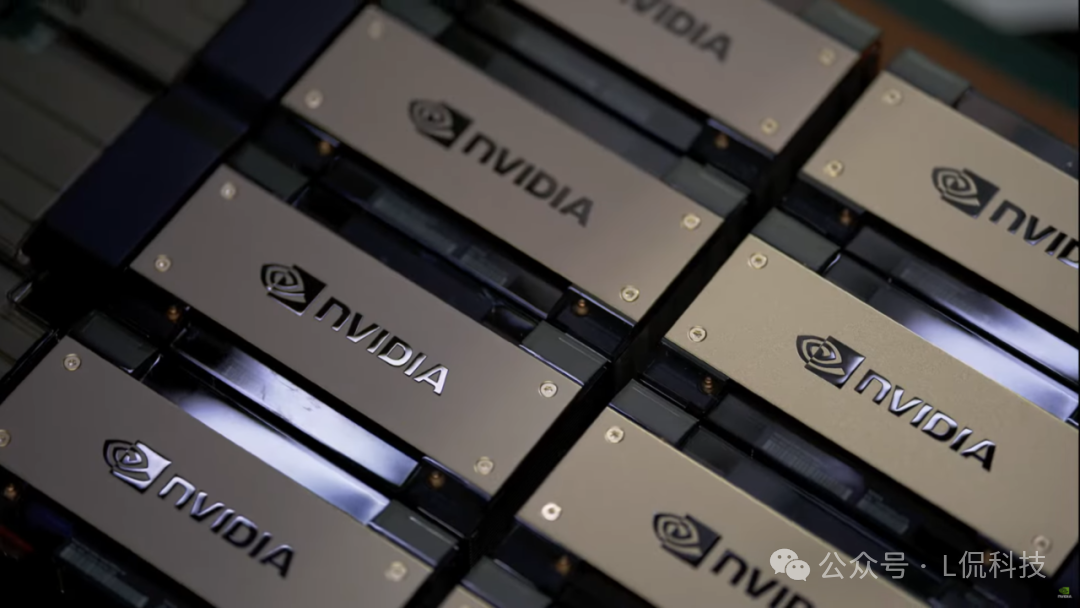In today’s booming artificial intelligence landscape, chips, as the core driving force, are undeniably important. Recently, the tech world was hit with a significant piece of news: the United States has once again taken action to ban the export of NVIDIA H20 chips to China.
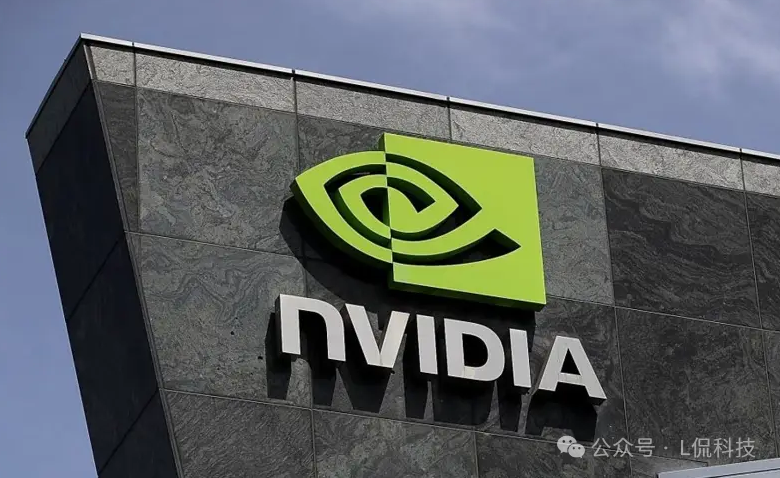
This move is like a giant stone thrown into a calm lake, creating ripples that have drawn the attention of the global tech community. One can’t help but ask, what exactly is the H20 chip? Why is the U.S. imposing heavy restrictions on its export to China?
The NVIDIA H20 chip is an artificial intelligence chip tailored for the Chinese market by NVIDIA amidst a complex international situation. It is based on NVIDIA’s advanced Hopper architecture and utilizes CoWoS advanced packaging technology, ensuring certain performance and integration guarantees for the H20.

From a parameter perspective, the H20’s memory capacity has increased to 96GB HBM3, and the GPU memory bandwidth has reached 4.0TB/s, providing good capabilities for data storage and transmission. Its FP8 computing power is 296TFLOPs, and FP16 computing power is 148TFLOPS, establishing its unique position in the AI computing field.
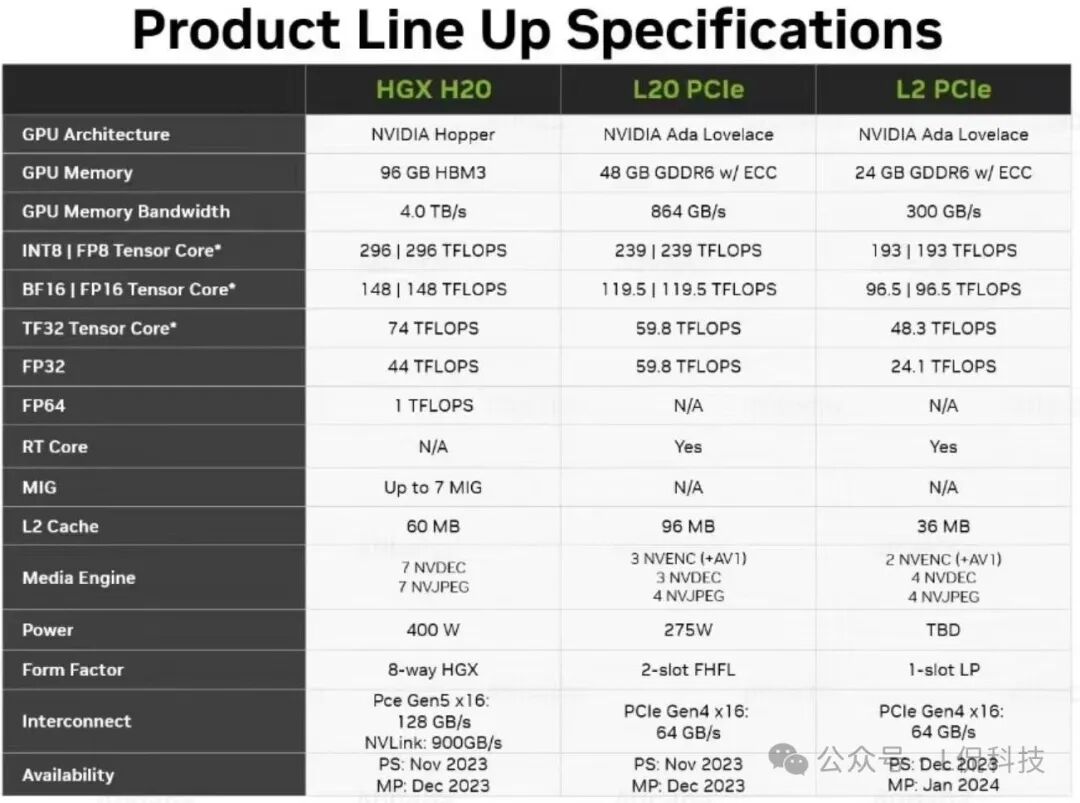
Although the H20 does have certain performance gaps compared to NVIDIA’s previous star product, the H100, it has a clear positioning and wide application scenarios in the Chinese AI market.
The U.S. ban on the export of NVIDIA H20 chips to China is driven by complex and multifaceted motives. Undoubtedly, in the global tech competition landscape, artificial intelligence is a high ground for future technological development, and its importance is self-evident. The U.S. understands that the development of AI technology is not only related to competition in the tech field but is also closely linked to national comprehensive strength and international discourse power.
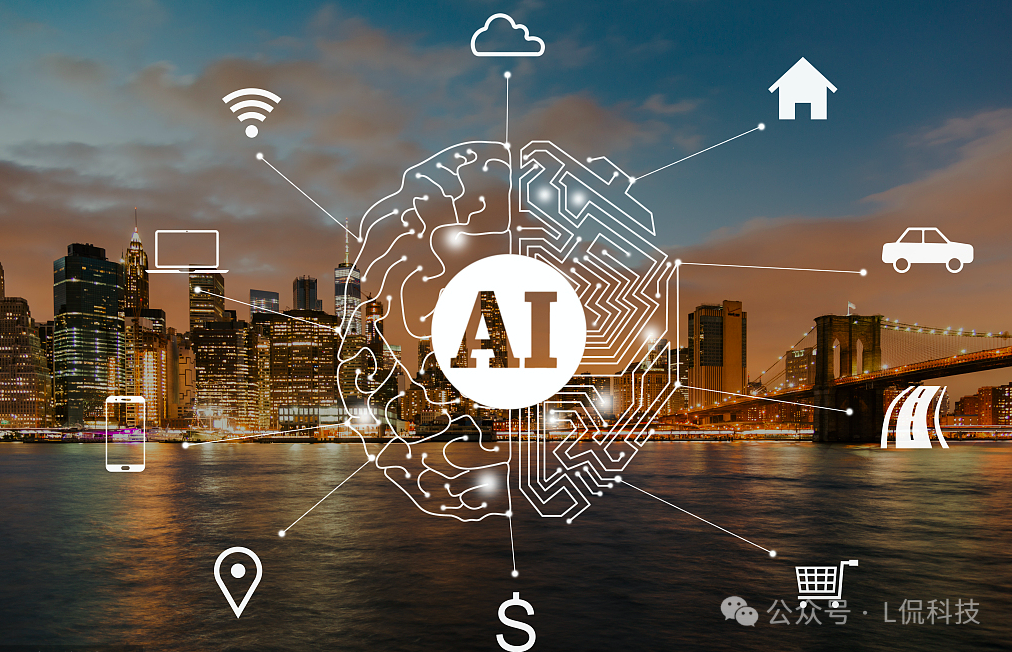
By restricting the export of the H20 chip, the U.S. aims to slow down the development speed of China’s AI industry, maintain its leading advantage in this field, and consolidate its technological hegemony.
Specifically, limiting chip exports can protect the interests of related industries in the U.S. The U.S. has many chip companies, such as NVIDIA, Intel, and AMD, which occupy important positions in the global chip market. By restricting the export of the H20 chip, it can reduce competition from the Chinese market for U.S. chips, providing broader market space and profit margins for domestic chip companies.
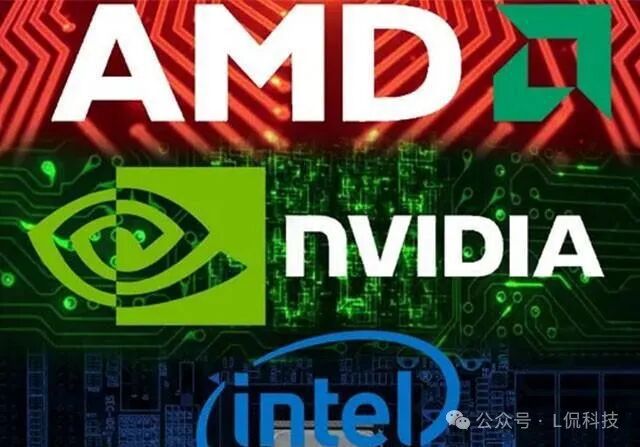
At the same time, the U.S. hopes to use this method to force China to make concessions in other areas, such as trade policy and intellectual property protection. The U.S. attempts to leverage its technological advantage as a bargaining chip to gain more economic benefits. But can Trump’s calculations go as planned?
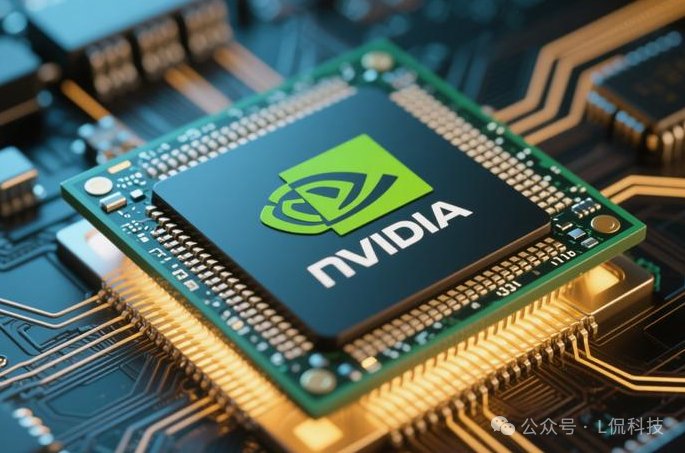
Most likely not. This is not the first time the U.S. has used AI or chips to sanction and suppress China, but crises often come with opportunities. The U.S. suppression acts as a driving force, prompting China’s AI industry to reassess its chip supply chain and accelerate the exploration of domestic chip alternatives. Some domestic chip companies, such as Huawei Ascend, Cambricon, and Suirian Technology, are beginning to receive more attention and support.
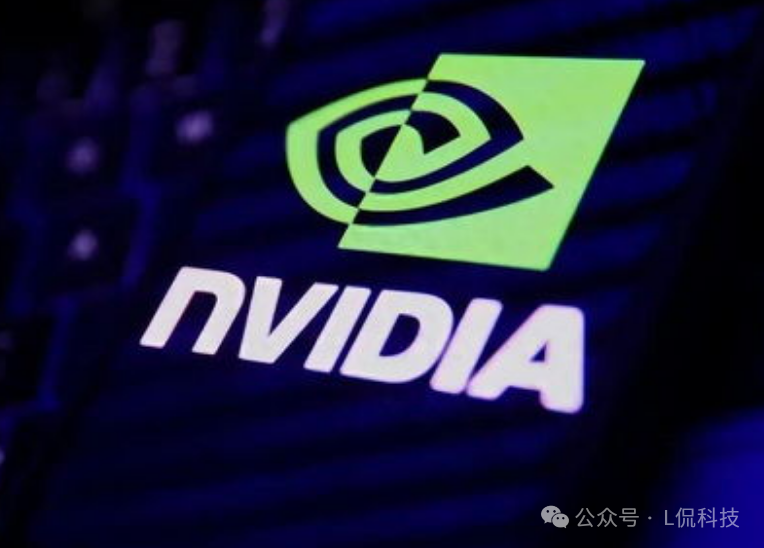
In recent years, we have made some technological breakthroughs, such as the Huawei Ascend 910 series chips, which have made significant progress in AI training performance. Compared to the H20, although there are still gaps in certain aspects, they can effectively replace it in some scenarios.
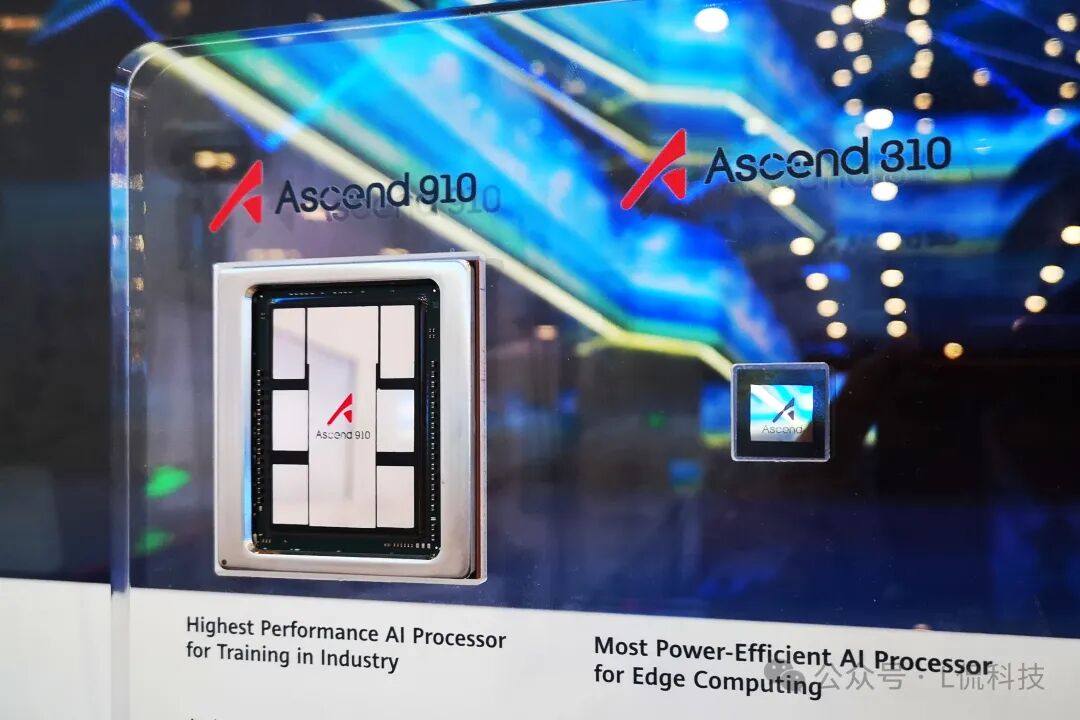
Meanwhile, Cambricon’s Siyuan series chips also possess certain competitiveness in the AI inference field. More and more companies are beginning to try using domestic chips to build their AI computing infrastructure, which will help promote the development of the domestic chip industry and advance domestic AI chip technology, gradually achieving self-control over AI chips.

Ironically, in this “farce,” NVIDIA, as the “protagonist,” is the one most troubled. NVIDIA has always been aware of the importance of the Chinese market for its business development. Upon learning of this news, NVIDIA immediately responded, stating that “this move will have a significant impact on the company’s business and pose enormous challenges.”
The U.S. ban on the export of NVIDIA H20 chips to China is undoubtedly a severe challenge, but the Chinese AI industry will not stagnate as a result.
